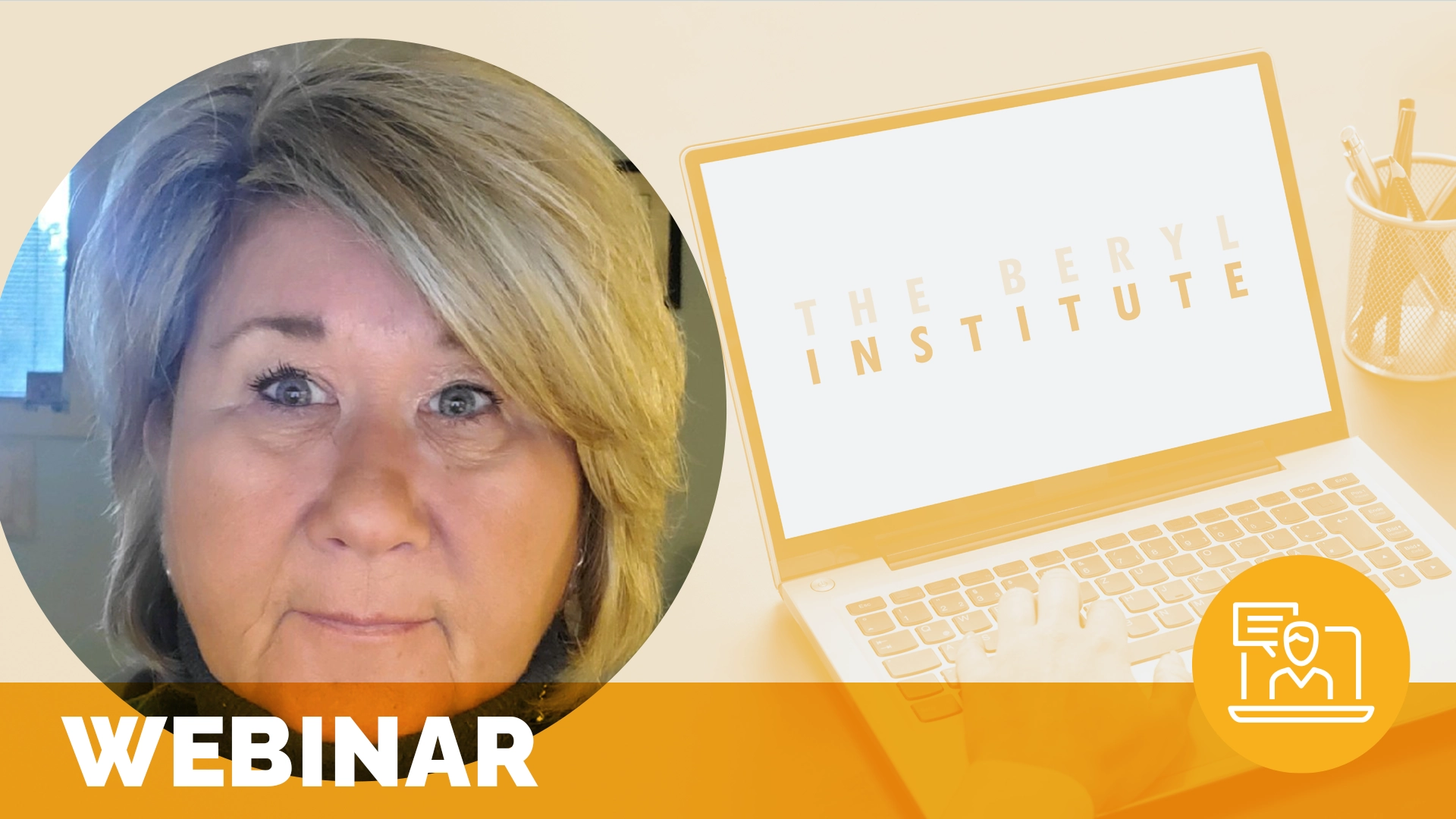The Importance of Emotional Intelligence in Patient Relations (Part 2)
Published May 21, 2024


The Patient Relations department assesses and resolves complex patient issues related to customer service, billing, and patient care daily by researching errors and patient issues and finding the proper solution to satisfy the needs of the patient and their care partners. Individuals possessing a high emotional intelligence (EI) quotient can use their emotions as a tool to successfully manage their own emotions and recognize and manage the emotions of others.
Join this two-part webinar series to discover how EI builds the skills necessary to develop and maintain important and productive relationships with patients, care partners, co-workers, supervisors, and providers.
Learning Objectives:
– Review of Part 1
– Explore interpersonal emotional intelligence competencies of social awareness and relationship management.
– Develop an action plan to increase emotional intelligence.
Speaker: Paula S. Watson, MSODL | EAP Director, Cooper University Health Care
Non-members can purchase webinars at a cost of $49 each.
Related content
-
Patient Family & Community Engagement
My Husband Didn’t Have to Die: A Doctor Reflects on all that Went Wrong with Her Husband’s Care in One of the Nation’s Top Medical Centers
Published August 8, 2025

The outcomes of complex care are never predictable. Despite this, reflecting on my husband’s care and his untimely death, I am certain that his fate would have been different with better communication, attention to detail, collaboration, and measures of curiosity, humility, and compassion.
Learn more -
Patient Family & Community Engagement
PFAC Series – Webinar/Panel: Sustaining & Growing a PFAC
Published November 21, 2025

Explore approaches to keep your PFAC thriving over time, expand its influence, and ensure it remains a vital voice in shaping care experiences. Whether you are launching your first PFAC, breathing new life into an existing one, or ensuring long-term success, these sessions will equip you with practical strategies, real-world examples, and expert insights. As
Learn more -
Patient Family & Community Engagement | Quality & Clinical Excellence
PX Chat – Language Services Community: Strategies for Effective Language Access
Published December 10, 2025

12pm ET / 11am CT / 10am MT / 9am PT – Join our Language Services Community to discuss how vital language access is to ensure equitable, safe, and high-quality care for all patients. Join The Beryl Institute’s Language Service Community for an engaging PX Chat as we explore the critical topic how health systems
Learn more
